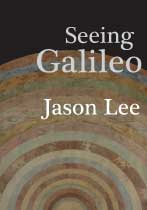 ell, it’s official: the PhD2Published method works!
ell, it’s official: the PhD2Published method works!
We’ve had our first success story: me (Charlotte Frost PhD2Published’s founder)!
Yes, that’s right, I’m writing this blog post as someone who has signed a contract to get their first academic book published! You may have already seen me get excited about this!
Around the time I set up this resource, I wrote my first book proposal and had an instant rejection. I licked my wounds and set about learning how to make a successful pitch (which led me to establish this site – why not pass on my research?!). I then wrote draft two, which did get sent out to another publisher, but before they had the chance to reply I made a third even sharper draft (after receiving some excellent advice from Gary Smailes of BubbleCow). It was this third version that received the following response from Gylphi editor Anthony Levings: Read more
















